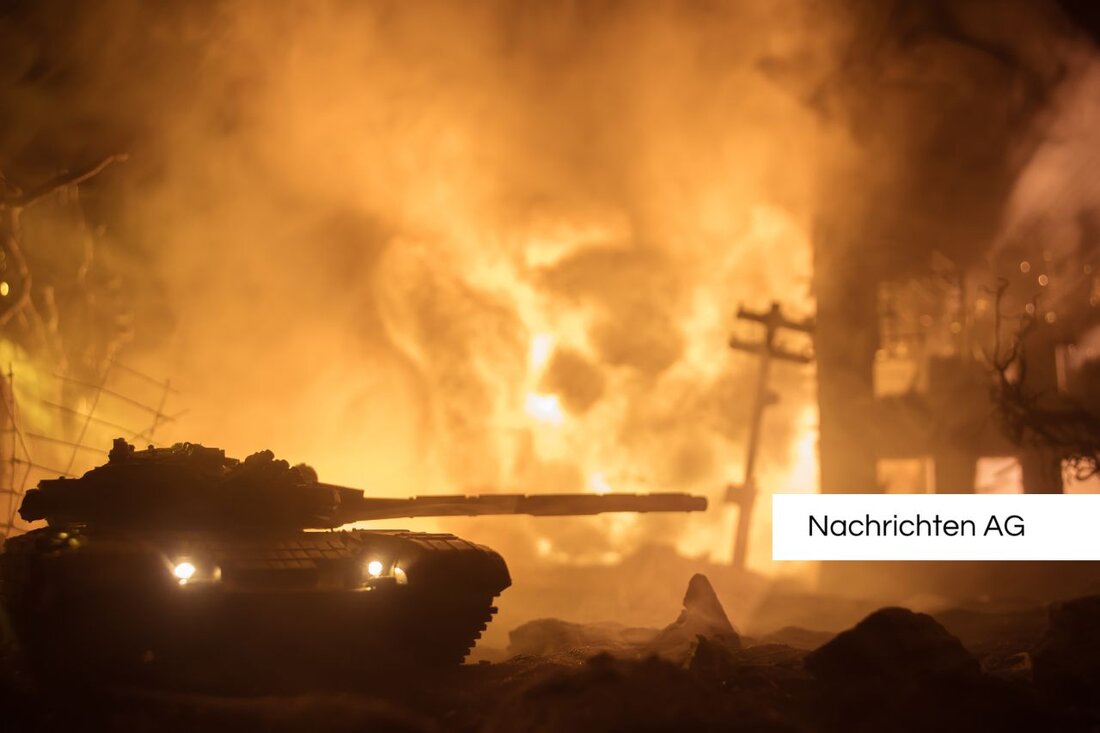Vechta and Mykolaiv: New educational path for the future of science!
UNI Vechta and the Petro Mohyla University of Mykolaiv will start a scientific cooperation on July 1, 2025 to promote sustainable educational initiatives.

Vechta and Mykolaiv: New educational path for the future of science!
The “Scientific Cooperation Vechta – Mykolaiv” project begins on July 1, 2025, which aims to establish collaboration between the University of Vechta and the Petro Mohyla Black Sea University in Mykolaiv, Ukraine. This project aims to build a sustainable partnership that focuses on educational sciences, transformation and social innovation. A central concern is the exchange of knowledge, research experiences and innovative teaching methods. The cooperation is intended primarily to promote dialogue-oriented knowledge transfer in interactive environments.
The project envisages the active participation of academics, students and practitioners and will be officially launched through an online event at which the framework conditions will be determined. An essential element of the collaboration is the creation of a “matching matrix”, which should make it possible to map the interests and resources of both partners. Thematic working groups are intended to develop concrete projects and innovative educational initiatives that aim to contribute to building bridges between geographical and cultural regions in the long term.
Challenges and goals
Given the current situation in Ukraine, which is heavily burdened by the war, the project also aims to find sustainable solutions to current and future challenges. It is seen as an example of international cooperation for global sustainable development. The Mykolaiv region has had a transregional cooperation agreement with Lower Saxony since 2023, which further strengthens the exchange. The Lower Saxony Ministry of Science and Culture is funding the project, which is coordinated by Olha Jantzin and Dr. Daniel Ludwig in the department for research, promotion of young talent and transfer.
The importance of such international cooperation is also highlighted in the Federal Government's report on international cooperation in education, science and research for 2021-2022. According to the report, adaptation is needed to address current global challenges such as climate change, the coronavirus pandemic and the war in Ukraine. Science and research therefore offer significant opportunities to overcome these challenges. Germany has focused on the educational and career prospects of Ukrainian schoolchildren, students and researchers. In addition, the federal government's funding for promoting international cooperation has increased continuously in recent years.
Promotion and support
In 2022, the Federal Ministry of Education and Research provided around 1.3 billion euros for research and development programs. During the same period, the Federal Foreign Office awarded around 494 million euros for internationally oriented funding measures in university and vocational training. In addition, around 100 million euros were made available for networking at European level to promote partnerships.
These developments make it clear that Germany is actively committed to strengthening international cooperation. The project between Vechta and Mykolaiv is an important part of this commitment. Given the challenges facing Ukraine, such scientific collaboration could not only contribute to education but also spark social change.
It also emphasizes that international cooperation is of central importance to minimize systemic risks in research, especially with regard to partnership relationships with states such as China, which are viewed as a “systemic rival”. These complex challenges require a careful strategy to secure the valuable results and resources of German scientists while reducing the potential risks in collaboration.
For further information about the project and the international research landscape, you can refer to the reporting by MyNewsdesk, Bundestag and Federal report on research and innovation be referred.

 Suche
Suche
 Mein Konto
Mein Konto